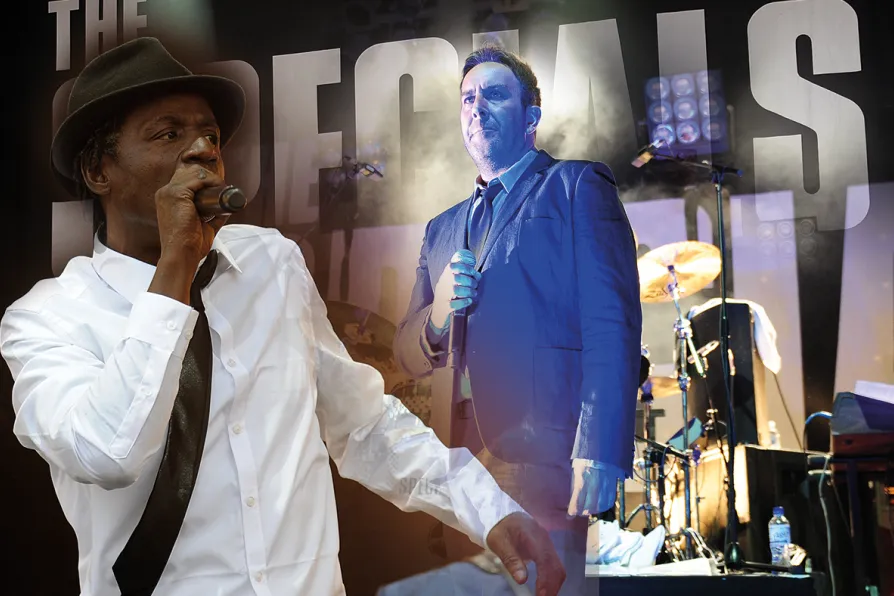Labour prospects in May elections may be irrevocably damaged by Birmingham Council’s costly refusal to settle the year-long dispute, warns STEVE WRIGHT


JUNE 2021 marks the 40th anniversary of the release of the Specials single Ghost Town. It went on to spend three weeks at Number One in the charts in the summer of 1981.
Recorded in Leamington Spa and produced in Tottenham, the single is now part of social history capturing the disaffection and impact of the first years of the 1979 Thatcher government.
It has been re-released to mark the anniversary but its significance goes far wider than the music charts. It speaks to an experience of particularly younger people under a Tory government that is not so different in 2020 despite the passage of four decades.

The summer saw the co-founders of modern communism travelling from Ramsgate to Neuenahr to Scotland in search of good weather, good health and good newspapers in the reading rooms, writes KEITH FLETT

Research shows Farage mainly gets rebel voters from the Tory base and Labour loses voters to the Greens and Lib Dems — but this doesn’t mean the danger from the right isn’t real, explains historian KEITH FLETT

KEITH FLETT traces how the ‘world’s most successful political party’ has imploded since Thatcher’s fall, from nine leaders in 30 years to losing all 16 English councils, with Reform UK symbolically capturing Peel’s birthplace, Tamworth — but the beast is not dead yet

KEITH FLETT revisits the 1978 origins of Britain’s May Day bank holiday — from Michael Foot’s triumph to Thatcher’s reluctant acceptance — as Starmer’s government dodges calls to expand our working-class celebrations










